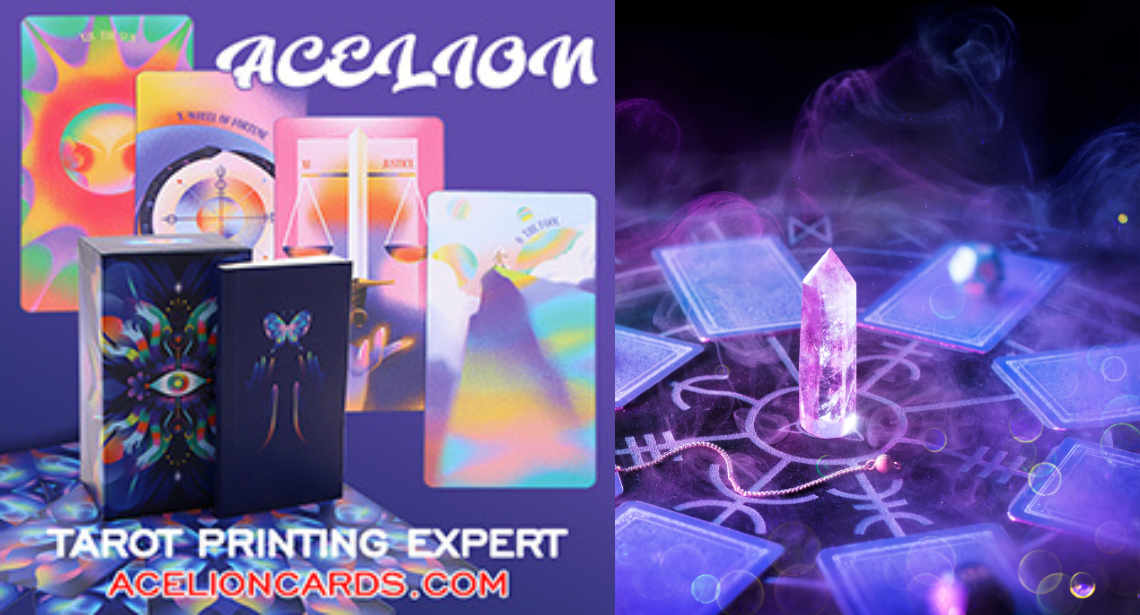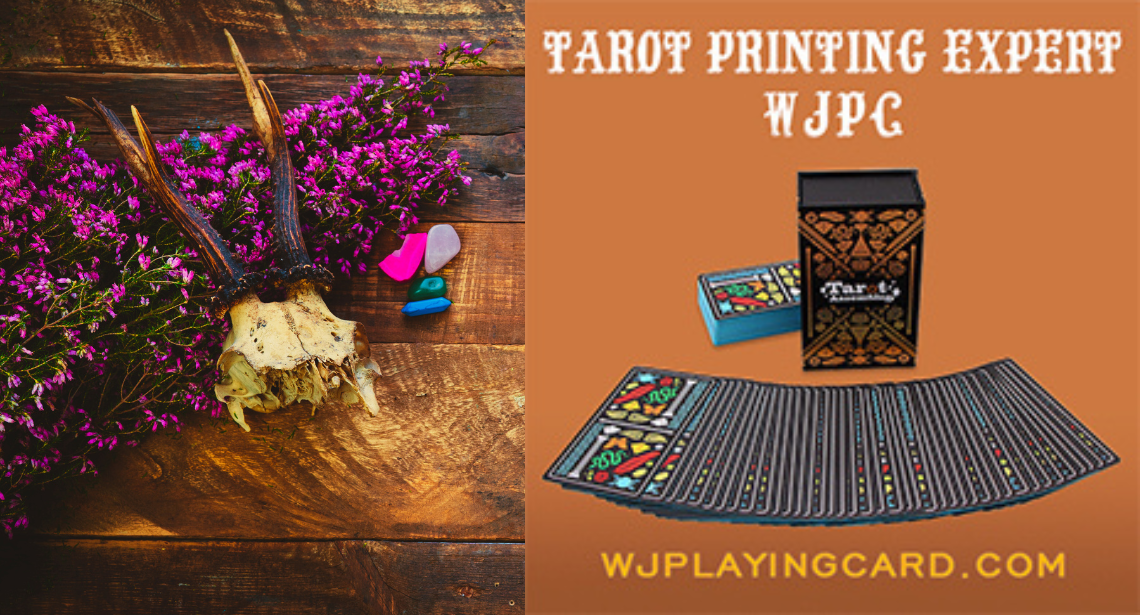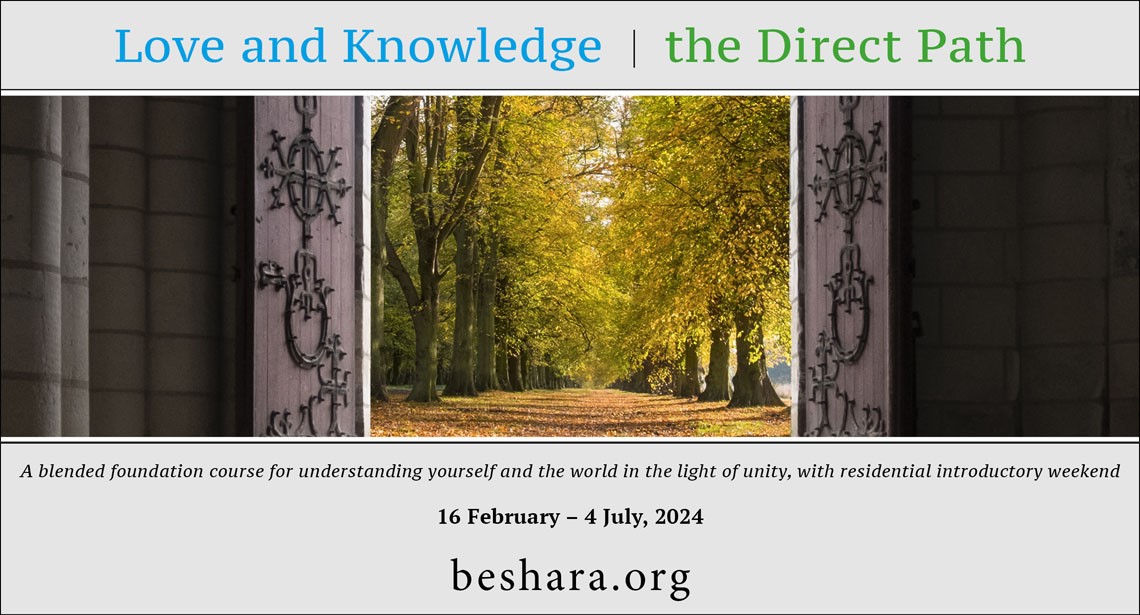by Beth Kempton

Image: Holly Bobbins Photography
Are you in the midst of your Christmas shopping? As the single most widely celebrated festival in the world, Christmas is considered so important that we max out our credit cards to the tune of £11 billion each year in the UK, while people in the United States shell out a staggering $1 trillion.
So it is hardly surprising that almost two-thirds of us find the holiday season stressful. Indeed, the mental health charity
Mind recently reported that 11 percent of people feel unable to cope at Christmas, and that figure rises to 31 percent among those who have existing mental health issues.
Nevertheless, year in, year out, millions of people approach it in the same old way – huge build-up, mounting panic, followed by a massive energy crash. Even those of us who adore Christmas often take on far too much, giving everything to others and leaving nothing for ourselves.
Changing the way we approach the festivities can have a transformational effect on our general wellbeing and outlook throughout the year. It’s time for a new kind of festive season, one that allows us to create magic and memories without sacrificing our own wellbeing, ushering us towards a lasting sense of serenity and contentment. And for many of us, that begins with Christmas shopping.
My eldest daughter was born on Christmas Day, so when her first birthday rolled around our tree was almost hidden behind a mountain of baby’s first Christmas and baby’s first birthday gifts, the vast majority of which we did not need or even want. This made my husband and I feel physically sick – there was just so much wasted money, and stuff and packaging – and we knew we needed to change things. We ended up making a rule of no plastic gifts in our home, and shifted towards a more mindful approach to gifting which has made a huge difference ever since.
Gifting is part of the fabric of human relationships in every culture on earth. And make no mistake, it is a social contract. You give to me, I accept the gift, then I am obliged to give you a gift back. This cultural waltz is so powerful that it causes annual stress and drives us to the tills in our droves.
The simplest way to deal with it, and to reduce unnecessary spending and waste, is to release as many people as possible from this unwelcome social contract by not buying them anything. If you have always exchanged gifts with someone, you may need to have a slightly awkward conversation or they might unwittingly invoke the contract once again this year. But if you talk it through with them, they should soon understand that this could be the most generous gift you can give each other.
In 2018, an estimated 60 million unwanted gifts were exchanged in the UK alone. Given that so many of us are stretching our finances and stressing about buying these unwelcome presents, this seems an outrageous waste of money, a glaring environmental problem and a wholly unnecessary burden on our collective mental health. Just imagine the benefits to our wallets, wellbeing and the world if we were to eliminate any unnecessary, wasteful gifting, and instead focus on a few mindful gifts for those who really matter to us.
And then if you do decide to exchange gifts, consider the following three questions: Is it mindful? Is it meaningful? Is it memorable? These are my three guideposts for mindful gifting, and they help me choose or create gifts that recognise both my financial situation and that of the recipient, as well as the kind of year they have experienced, or what they are trying to achieve or change in their life right now.
My absolute favourite kind of mindful gift is one that involves time. This can be a gift of your time (a promise to mow the lawn, give them guitar lessons, babysit while they go to an evening class in January, or send them a letter once a month for the coming year, for example) or a gift of shared time. Imagine opening a box with a note inside saying, “I am going to pick you up on the first Saturday in January and take you on a magical mystery tour, ending in afternoon tea overlooking the sea.” A gift of time needn’t cost money, but will be treasured long after the decorations have come down and the last carol has been sung.
And don’t forget yourself this year. What would be a mindful, meaningful and memorable gift for you? Have you told anyone else about it? Perhaps this could be the year to gift it to yourself.
Wishing you a calm Christmas and a very special festive season.
 About the author:
About the author:
You can find Beth on Instagram @bethkempton or online at bethkempton.com.


 About the author:
About the author:















